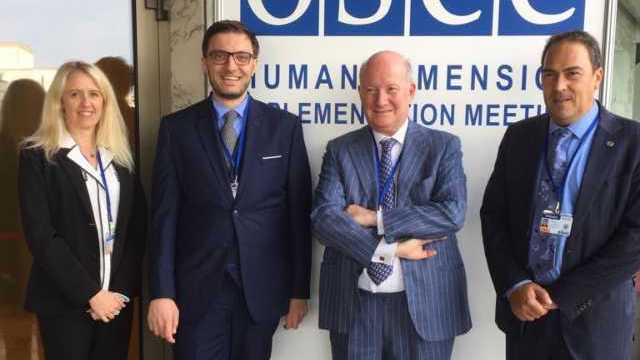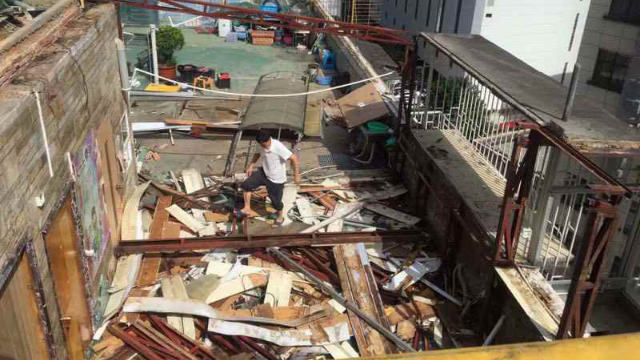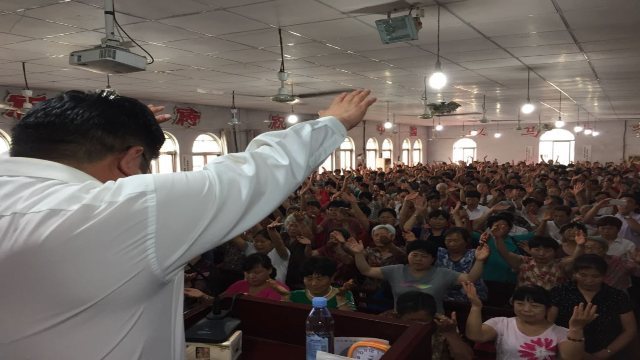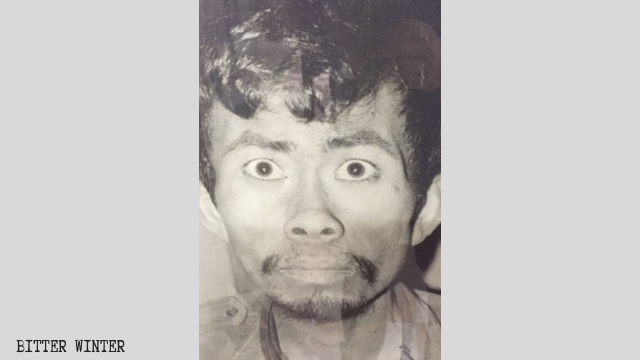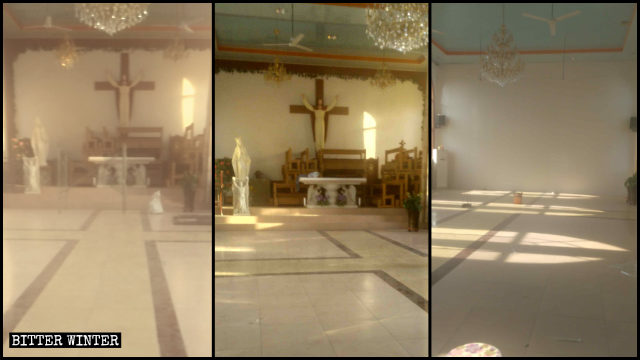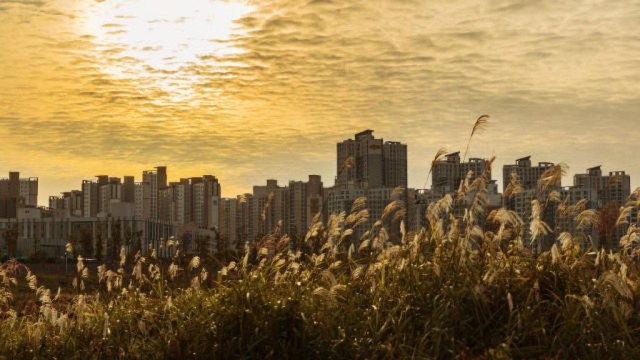The infamous social credit system invades places of worship, as state-run churches and temples are evaluated with points, some closed down for being “substandard.”
The CCP regime often uses the existence of officially-approved places of worship to demonstrate that religious liberty exists in China. In reality, though, even government-approved religious venues have no freedom at all, regardless that they follow all the rules and requirements imposed on them by the authorities. Measures similar to the social credit system have been introduced in some churches, which are evaluated and could be punished or even closed down after points are deducted for disobeying the government.
Shut down for “deficient” national flag
On November 8, a Three-Self church in Lianmeng village, under the jurisdiction of Hengdaohe town in Dongfeng county in the northeastern Jilin Province’s Liaoyuan city, was shut down after an inspection by the local government. The reason – the national flag hanging outside the church was too large, and the signboards displaying church regulations were “in the wrong place.” Also, a box of Bibles and hymnbooks printed by unapproved publishers was found on the premises.

“Government officials checked every corner of the church,” a congregation member told Bitter Winter. “They said that the color of the national flag was substandard. They also questioned the preacher if the sermons were given following the requirements, distributed by the local Religious Affairs Bureau during a recent conference. The preacher couldn’t answer their questions correctly because he didn’t attend that conference. So, the government shut down the church immediately.”

A believer from Hengdaohe town in Dongfeng county revealed that the central government religious work inspection team came to check the area’s places of worship in late November to see if they function in line with the “sinicization” policy. “Inspections are conducted all the time. The government wants to close all the churches,” the believer said.
In October, the local government ordered a Three-Self church in Houjia village in Buhai town under the jurisdiction of Jilin’s Dehui city, to hoist the national flag and display books of traditional Chinese culture, threatening to seal off the church otherwise.
“The government will bring an excavator to demolish our church if they find out that we don’t have the national flag and we don’t study the country’s Constitution or preach the ‘sinicized’ content,” said a Three-Self preacher from Jilin’s Panshi city.
Temples forced to alleviate poverty
“Points can be deducted for not having the national flag, propaganda slogans, fire extinguishers, and similar ‘misdeeds,’” the person in charge of a Buddhist temple in Yangquan city in the northern province of Shanxi told Bitter Winter.
He added that the local Religious Affairs Bureau assigns a manager to each temple, entrusted to oversee the poverty alleviation drive – President Xi Jinping’s policy, launched in 2015, which is supposed to lift out of poverty 70 million impoverished households by 2020. “If they fail to accomplish their tasks as required, they may also lose points. Temple’s religious activity venue permit could be revoked when all points are lost,” the Buddhist explained.
“To avoid any point deductions, I have to follow every instruction issued by the government. I also have to assist each impoverished household in the area by giving them a bag of flour and rice, a large bottle of oil, and some cash, which all comes up to at least 300 RMB [about $ 40] per family,” the person in charge said helplessly. He added that he has to use the money from his retirement pension. When he complained about this to the government, he was threatened that his temple would be shut down if he refused to proceed with poverty alleviation efforts.
The Buddhist revealed that he had lost ten points when he asked for a few days off to see the doctor, even though he was denied them. He added that he often has to change his plans to accommodate demands from the Religious Affairs Bureau, and it’s becoming hard to plan his work because of frequent meetings and inspections by the government.
“You can ignore other calls, but not the ones from the Religious Affairs Bureau. Otherwise, you’ll lose points,” the Buddhist added. “It’s getting difficult to find time to practice my faith or meditate. I’m totally disconcerted; the situation is worsening, and many Buddhists are forced to leave the temple.”
Source:BITTER WINTER / Wu Haiping

